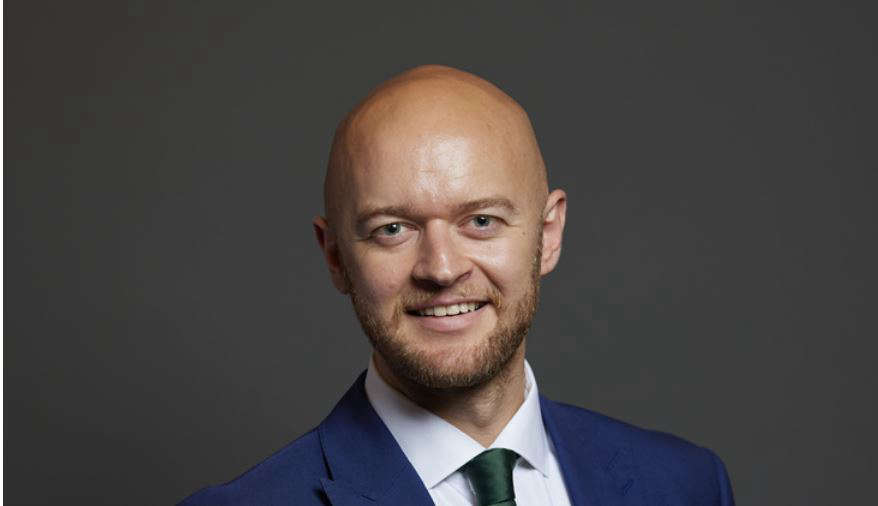
NEW Pendle and Clitheroe MP Jonathan Hinder has used his maiden speech in Parliament to call for the restoration of the Colne to Skipton rail link.
The Labour backbencher also praised his former police colleagues for their ‘great courage, professionalism and restraint’ in the face of recent riots.
Mr Hinder was speaking as the House of Commons debated the Passenger Railway Services (Public Ownership) Bill.
He said: “”I am delighted to be making my maiden speech during a debate on taking the railways into public ownership, and I commend Transport Secretary Louse Haigh for the speed with which she has set to work in her new office.
“But on the subject of speed, in my constituency, the Clitheroe to Manchester train takes an hour and 20 minutes to travel a mere 30 miles.
“The Colne to Preston train takes an hour and 15 minutes to travel just 25 miles.
“Both offer one diesel train per hour, and they are totally unreliable.
“While public ownership is by no means a cure-all, this bill is a crucial first step in creating a reliable, well-integrated railway that serves every part of our country.
“Regional inequality in our country is stark, and we need serious investment in infrastructure, such as by reinstating the short rail link between Colne in Lancashire and Skipton in Yorkshire, if we are to see small towns in the north of England thrive and prosper.
“I want to touch on my background as a former police inspector.
“We saw the best of British policing just a few weeks ago.
“In the face of violent disorder aimed directly at them, our officers showed great courage, professionalism and restraint.
“They worked long, hot shifts in full riot gear—many on their cancelled days off—with thousands of other officers redeployed at a moment’s notice to plug the gaps in day-to-day policing.
“I want to express my deepest gratitude to Lancashire police, and to thousands of my former colleagues nationwide.
“Where others seem intent on undermining our police, I look forward to being an outspoken advocate for policing in Parliament.
“The demands on policing have grown dramatically in recent decades,
“As we rebuild our public services we need to simplify the policing mission, which has become blurred and, frankly, too broad.
“Let us decide what we really want from our police, which means deciding what we do not want our police to do, and where policing stops and other public services are better placed to step in.
“If we can provide that clarity of purpose for our officers, we can create a better police service that is more focused on preventing and investigating crime.”



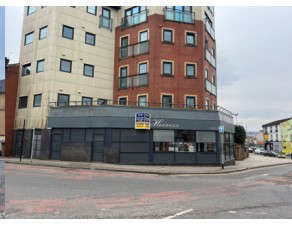 Blackburn’s ‘Margo Towers’ to become a church
Blackburn’s ‘Margo Towers’ to become a church
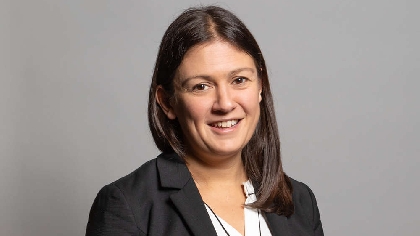 Cabinet minister echoes concerns about East Lancs kids' homes applications
Cabinet minister echoes concerns about East Lancs kids' homes applications
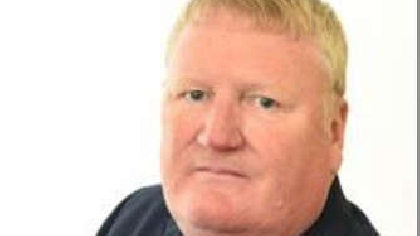 Town Hall bosses spend £78k on staff parking during building work
Town Hall bosses spend £78k on staff parking during building work
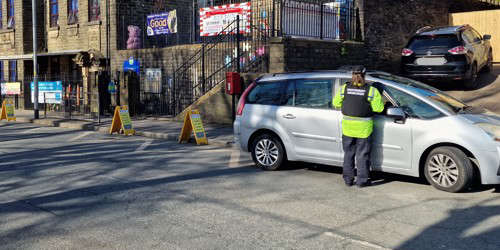 Neighbourhood policing team conduct successful day of action in Bacup
Neighbourhood policing team conduct successful day of action in Bacup
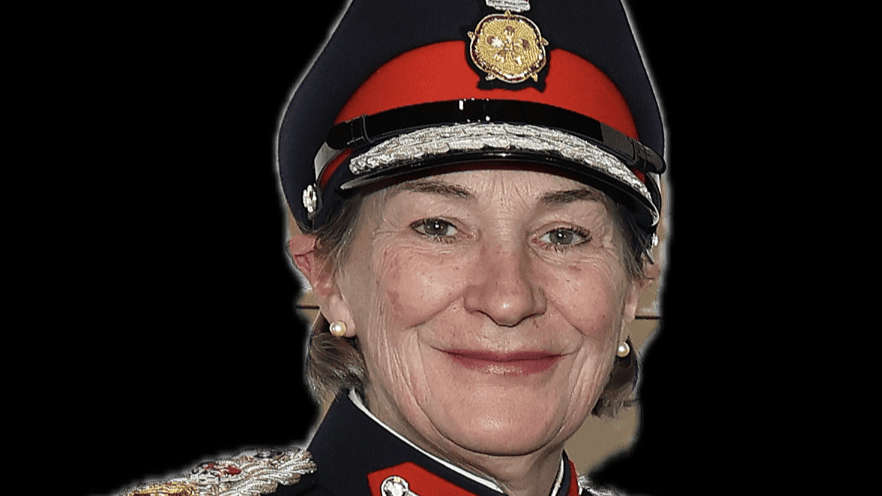 Lancashire to commemorate 80th anniversary of VE Day with a special service
Lancashire to commemorate 80th anniversary of VE Day with a special service
 Blackburn with Darwen children’s services rated as good in latest inspection
Blackburn with Darwen children’s services rated as good in latest inspection
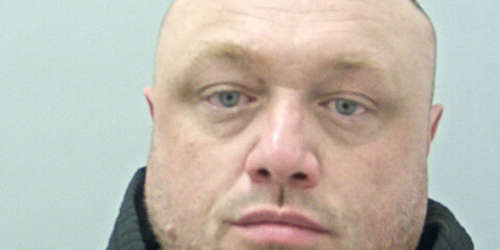 Blackburn man who drugged and sexually assaulted schoolgirl jailed for 17 years
Blackburn man who drugged and sexually assaulted schoolgirl jailed for 17 years
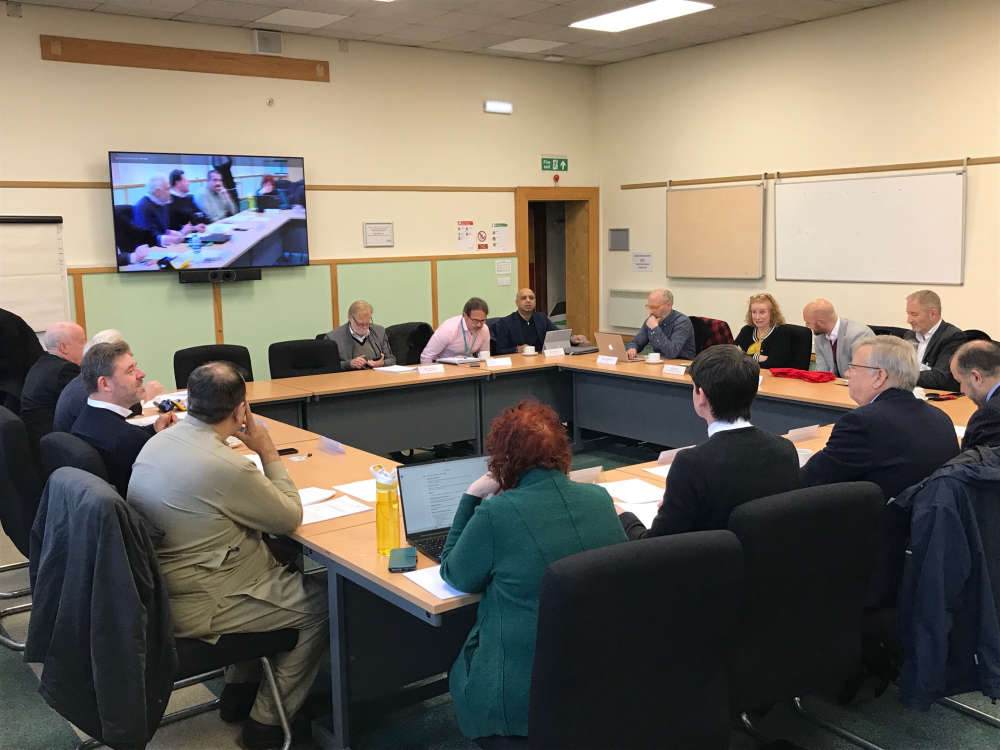 Who deserves highlighting in a Nelson history trail, murals or statue?
Who deserves highlighting in a Nelson history trail, murals or statue?




